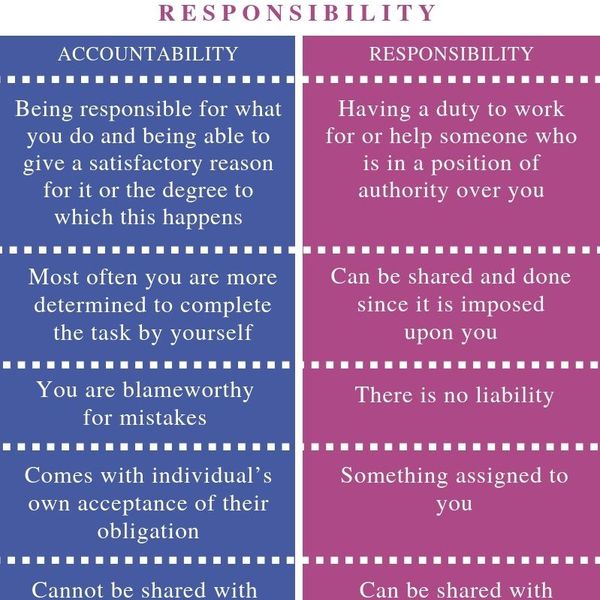Accountability enables effective planning and allocation of responsibility. In practice, maintaining accountability allows the military to increase potential readiness.
Accountability and Leadership in the Military
A successful leader in the military accomplishes the mission while taking care of their soldiers. This essay will inform the reader of how accountability and leadership work in tandem. Accountability is a pillar supporting America’s military structure and organization.
If we are aware of our Soldier’s capabilities and their deployable status, we can better react and act in conflicts. Reliabilty is a refined Army standard which is inherent in a Soldier’s progression to leadership. The actions, numbers, and compositions of The Continental Army, formed in 1775, are remembered to this day because past leaders upheld Army accountability. America’s War created a foundation of readily available armed forces.
Accountability creates a force that is dependable and accessible. According to Hickman (2017), “…accountability is a matter of personal investment, and ownership…the natural result is greater cohesion and alignment.” All echelons in the Army are responsible for building cohesion between themselves. The mission’s success is facilitated by readiness and efficient means to uphold accountability. Without proper means to confirm responsibility, the Army would not be able to mobilize troops and fulfill the needs of the mission efficiently. Accountability was more difficult for the Army in the past due to technology and experience, but overtime laws and regulations were put in place to cultivate success. The American military has been able to dominate across the planet in part due to the traditional standard of accountability.
Previous conflicts showed the need for a leader’s responsibility for inappropriate planning and allocating. Leaders choose roles for their Soldiers to create maximum performance and results. To maintain America’s superiority leadership had to be actively developed to fill the shoes of the Soldiers that came before. A unit consists of different individuals who depend on each other to accomplish the mission, and a Soldier’s first mission is to be in the right uniform, in the right place at the right time. The leader should give the subordinate the information they need through consistent communication to accomplish their first mission and be available if the Soldier doesn’t understand. If the subordinate fails at their first mission, action must be taken to address and correct them fairly and impartially. By being accountable, the Soldier is telling their command they are prepared to carry out the mission and receive their next orders.
A Soldier who cannot be trusted or maintained takes away from the mission. When a soldier is unaccounted for, other soldiers and leaders must put the time in to locate them, which takes time and workforce away from the current mission. Not only is the Soldier wasting time and failing the task, but they are also negatively affecting the unit and taking time away from their leaders and peers. War is a costly operation. Funds must be allocated and provided to units to train and deploy soldiers. When a soldier is absent and unaccountable, that puts the unit in jeopardy. The leader needs to account for every Soldier and take responsibility for their wellbeing. Not only is the leadership affected, but trust is deteriorated over time. How can a leader efficiently use their forces in combat conditions when they show the inability to accomplish a basic foundation. The lack of ability can also be misconstrued as a lack of care.
When a leader recognizes that a subordinate is accountable for themselves, they can focus on the mission; trusting their Soldier will be ready when needed. If a unit is deploying every Soldier from the youngest private to the commanding officer has to be officially accounted to report to higher commands. So in deployable and garrison environments, accountability dictates a unit’s movement.
Conclusion
A leader must stand ready, always placing the mission first. Soldiers are a member of a team and their actions affect that team. Awareness of that fact and the ability to adhere to the rules and regulations of the Army show an ability to hold oneself accountable. When a soldier is responsible for themselves, the mission will be more efficiently accomplished from which the unit and Army will benefit. A Soldier must be at the right place, at the right time, and in the right uniform. That is their fundamental personal mission, and with its success, they are actively fostering the success of the tasks given to them by their leadership. Dependability and trust are paramount for the success of a Soldier, and it starts with making sure leadership has the proper qualities to maintain accountability. .
Citations
- Hickman, C. (12 June 2017). Successful Leaders Cultivate Accountable Employees. Retreived from Inc.com, www.inc.com/partners-in-leadership/successful-leaders-cultivate-accountable-employees.html.
- AR 600-20 (Army Leadership), 6 November 2014.

